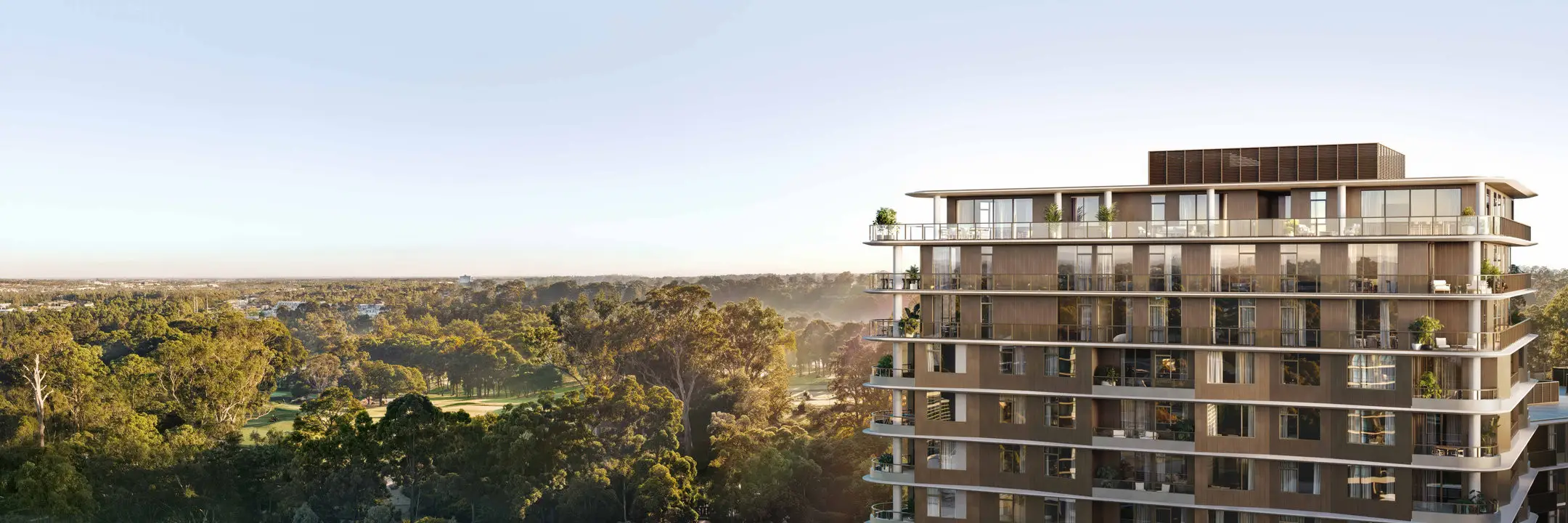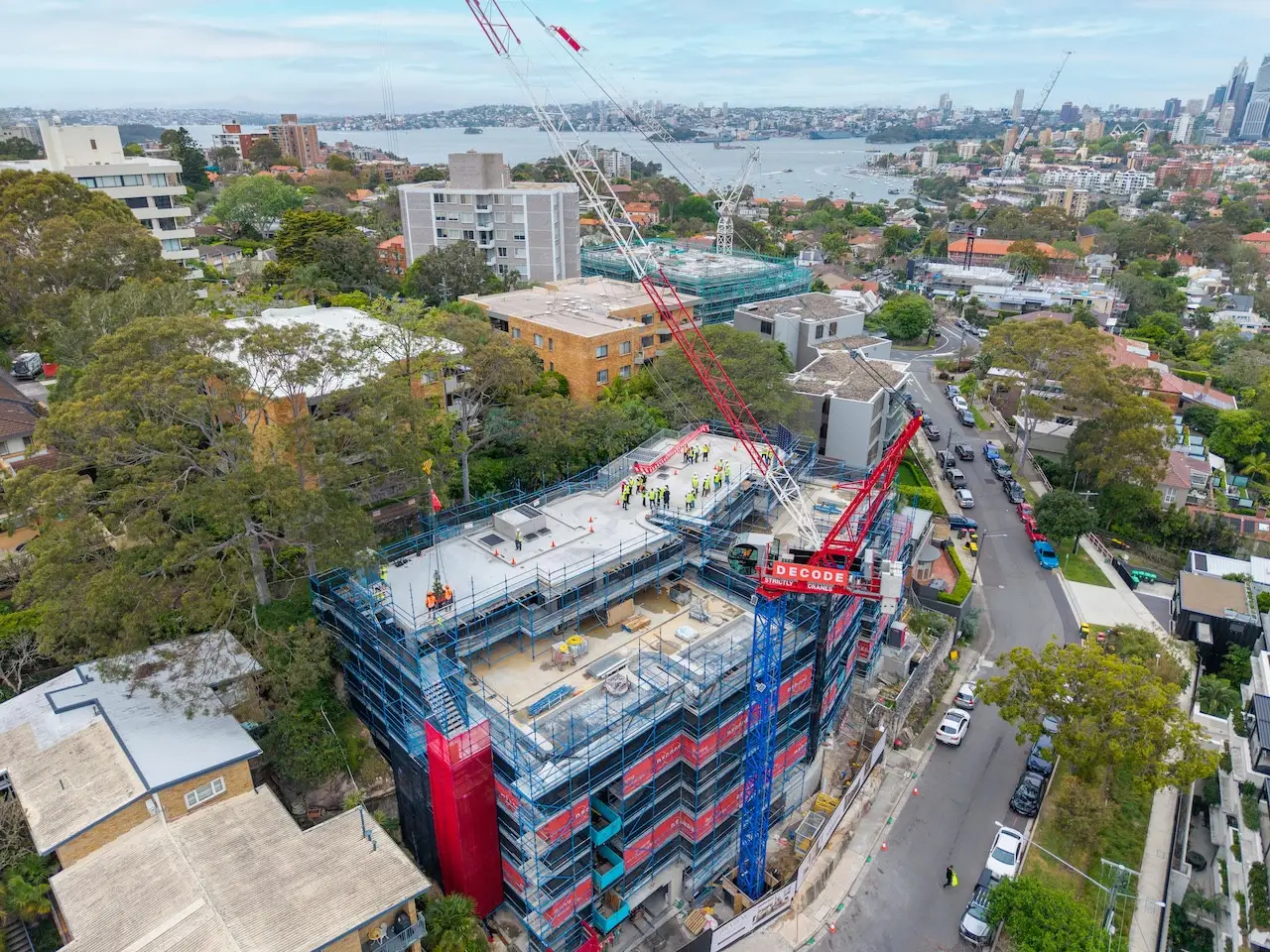
The Federal Election has been called for Saturday, 3rd May 2025.
Christian Stevens, CEO of Flint Group Mortgage Brokers, discusses what he thinks are the key housing policies that will win - or lose - the upcoming 2025 election based on voter sentiment.
As the 2025 election approaches, housing has become a central topic of discussion. For many Australians, it's not just about aspiring to own a home - it's about the feasibility of achieving homeownership amidst soaring prices, escalating rents, and increasing mortgage repayments. Housing affordability is undeniably a critical issue that will influence voter decisions.
However, the challenge extends beyond affordability; it's fundamentally a construction crisis.
Australia faces significant hurdles in meeting housing demands due to bureaucratic red tape, complex zoning laws, prolonged planning approvals, and construction delays.
These obstacles not only inflate costs but also impede the timely delivery of new homes. Addressing these construction inefficiencies is pivotal to alleviating affordability pressures.

Exploring alternative housing solutions
Beyond streamlining construction processes, innovative housing solutions like modular housing present viable alternatives. It's important to clarify that modular housing refers to well-researched, efficient construction methods that expedite building processes and reduce costs - not the simplistic notion of repurposed shipping containers.
These modern techniques involve constructing sections of a home off-site and assembling them on-site, significantly cutting down construction time and expenses without compromising quality. Embracing such methods could play a crucial role in addressing Australia's housing shortage.
Incentivising new builds through stamp duty exemptions
Financial incentives also play a role in stimulating the housing market. For instance, stamp duty will be significantly reduced for all off-the-plan apartments, units, and townhouses in Victoria under a 12-month stimulus initiative by the Allan government.
Simiarly, Queensland has introduced legislation abolishing stamp duty for first-home buyers purchasing new homes, aiming to reduce upfront costs and make homeownership more accessible.
While South Australia has removed stamp duty for all first-home buyers building or buying new homes, regardless of property value, and has extended the First Home Owner Grant to all eligible first-home buyers. This initiative encourages new constructions, thereby increasing housing supply and supporting aspiring homeowners.
Implementing such stamp duty exemptions for new builds across all price points nationwide could significantly lower financial barriers to homeownership. This approach would not only enhance affordability but also stimulate the construction industry, addressing both supply and demand challenges.

Caution against relaxing lending laws
While some advocate for relaxing lending laws to make borrowing easier for first-home buyers, I believe this approach warrants caution. Increasing the borrowing capacity of first-home buyers could lead to heightened demand, potentially driving up property prices further.
This scenario might inadvertently make housing even less affordable, as evidenced by recent studies suggesting that policies allowing first-home buyers to access their superannuation for deposits could inflate house prices by 7.4% to 10.3%.
Additionally, relaxing lending standards in the past have contributed to housing market volatility, with some measures leading to increased household debt and housing price fluctuations.
Instead of easing lending criteria, a more effective strategy may involve enhancing housing supply and affordability through construction-focused policies and financial incentives, as previously discussed.
Genuine solutions, not empty talk
As the election nears, Australians are increasingly sceptical of superficial promises.
They've encountered policies like tax incentives, first-home buyer grants, and rental reforms before, yet tangible improvements remain elusive. The pressing question is: which party offers practical, effective solutions to the housing crisis?
Both major parties must move beyond superficial measures and present bold, actionable plans. Increasing housing supply is essential, but so is reimagining our building practices and locations.
Policies should not only support first-home buyers and renters but also be grounded in practicality and effectiveness, steering clear of political expediency.
Action, not empty talk
Ultimately, the election will hinge on trust. Australians seek tangible action over empty rhetoric. They desire real change in the housing market, not recycled promises that lead nowhere.
If either party can convince voters of their commitment to solving the housing crisis - through measures like cutting construction red tape, implementing stamp duty exemptions for new builds, and embracing innovative housing solutions - they'll earn the public's support.
Housing will be the defining issue of this election. It's time for decisive action, not empty talk.
For more property news, click here.


